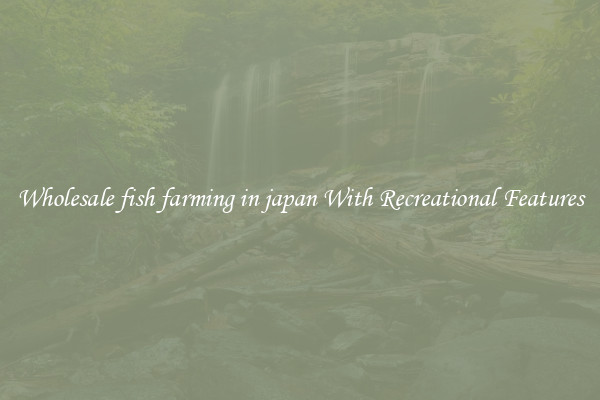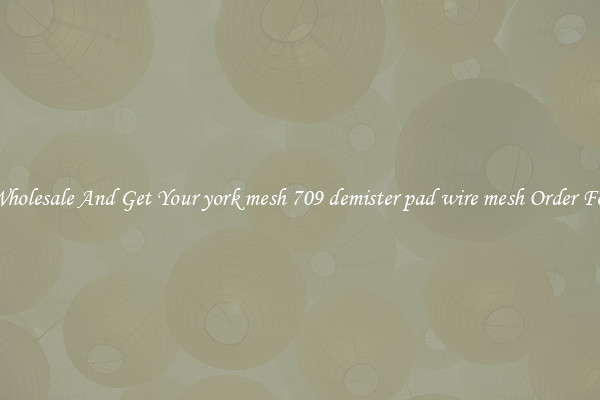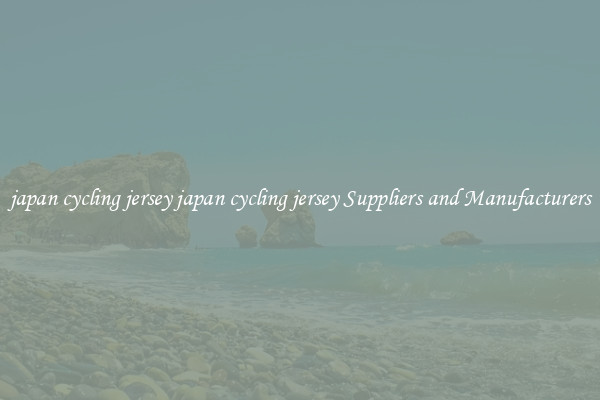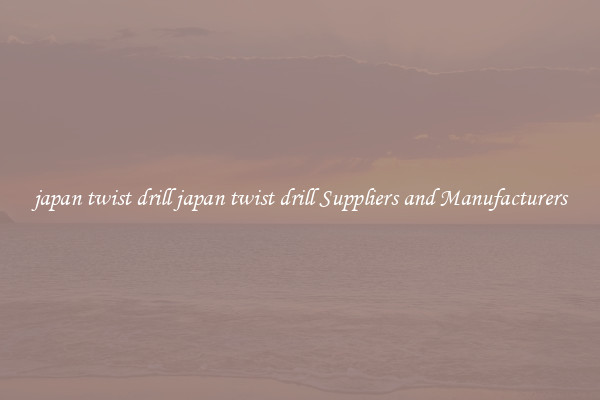Wholesale fish farming in japan With Recreational Features
Wholesale Fish Farming in Japan with Recreational Features

Japan, known for its rich cultural heritage and stunning landscapes, also has a thriving fish farming industry that combines wholesale production with recreational features. This unique approach to fish farming not only benefits the local economy but also provides a recreational space for tourists and locals alike.
One of the key features of wholesale fish farming in Japan is its integration with recreational facilities. Many fish farms have expanded their operations to include fishing ponds or traditional Japanese-style fishing experiences. Visitors can enjoy the excitement of catching fish while soaking in the serene atmosphere of the farm.
These fishing ponds are often stocked with a variety of fish species, including trout, carp, and catfish. Visitors are provided with fishing gear and can either catch and release or choose to purchase the fish they catch. This interactive experience allows people to experience the traditional Japanese way of fishing firsthand, adding a recreational element to the wholesale fish farming process.
In addition to fishing ponds, some fish farms also offer recreational activities such as boating, kayaking, and even camping. These facilities are usually set in picturesque locations, surrounded by lush greenery and stunning views. Visitors can immerse themselves in nature while also learning about the intricacies of fish farming.
Not only do these recreational features provide a unique experience for tourists, but they also contribute to the local economy. By combining wholesale fish farming with recreational activities, fish farms are able to attract more visitors, stimulating the growth of local businesses such as restaurants, souvenir shops, and accommodations. This boosts the overall tourism industry and creates employment opportunities for the local community.
Furthermore, wholesale fish farming in Japan promotes sustainable practices to ensure the preservation of the environment. Many fish farms prioritize the well-being of the fish and their natural habitats. They employ techniques such as water filtration systems, proper waste management, and regular monitoring of water quality to maintain a healthy and sustainable farming environment.
In conclusion, wholesale fish farming in Japan with recreational features offers a unique blend of wholesale production and interactive experiences. By combining fishing ponds and recreational activities, fish farms not only attract tourists but also contribute to the local economy. This approach promotes sustainable practices and allows visitors to engage with the traditional Japanese fishing culture while enjoying the breathtaking natural landscapes. If you ever find yourself in Japan, be sure to visit one of these fish farms for an unforgettable experience.

View details

View details

View details

View details








